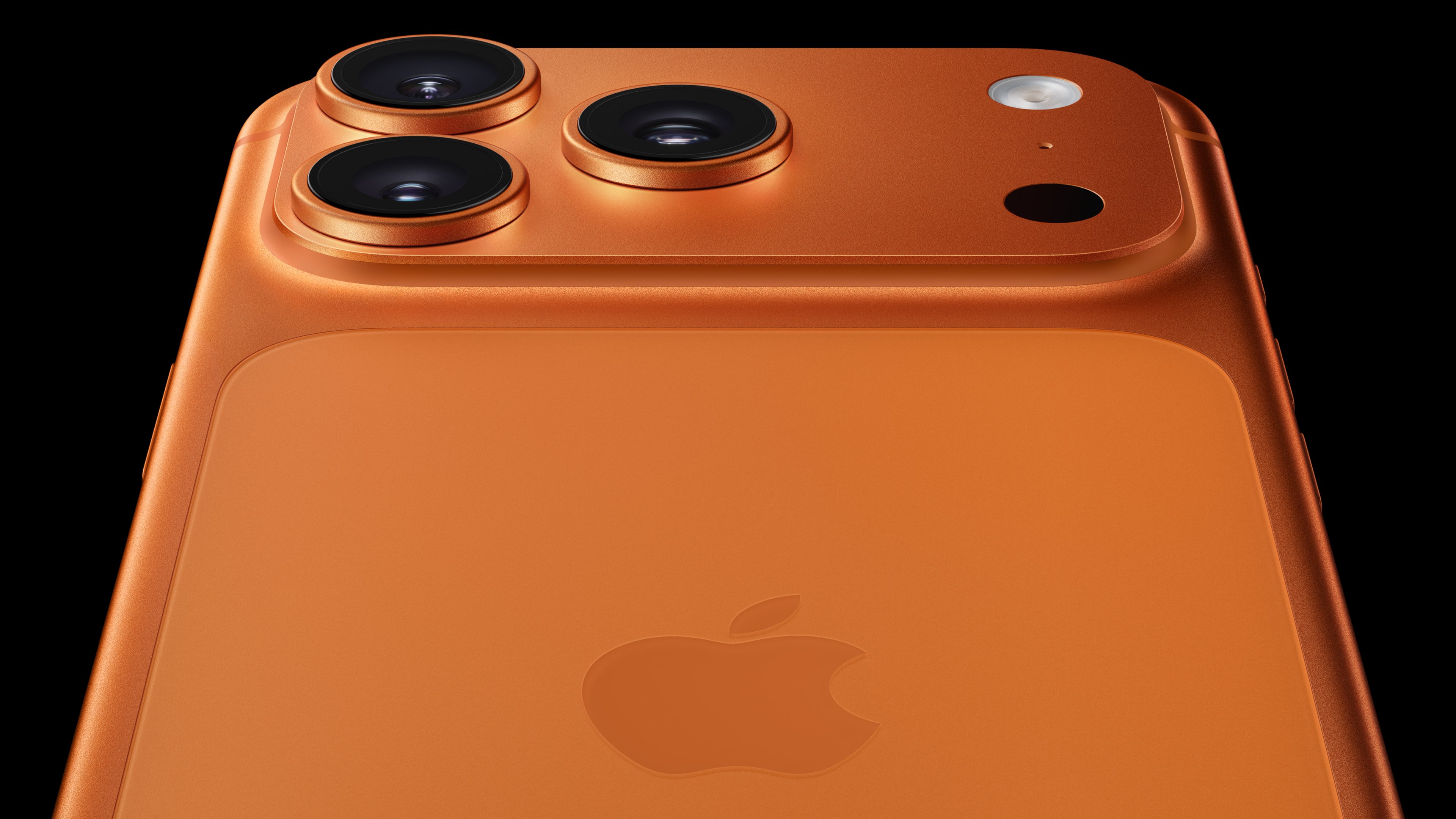For all its promise and promotion, Apple's (AAPL 0.23%) Siri voice-powered personal assistant hasn't lived up to its full potential since it was first introduced as a key selling point for its iPhone 4s in 2011 .

Source: Apple
That could be about to change.
For a number of reasons, Apple has begun assembling its own in-house team to totally overhaul its voice assistant software and bring Siri up to snuff versus other voice-powered offerings from the likes of Microsoft (MSFT 1.27%) and Google.
Shifting sands and Siri
Although taking center stage as the cornerstone of Apple's iPhone 4s marketing, Apple's voice assistant has drawn consistent criticism from consumers and the media alike in the years since its launch.
Now, its certainly true that voice recognition technologies have always been tricky for companies like Apple and others to nail down into software that consistently understands and responds correctly to a users' query. However, major tech names like Microsoft, Google, and IBM have managed to make significant improvements to their various voice-powered software offerings in recent years by leaning on a system of speech recognition known as neural network algorithms . At a very high level, these kinds of algorithms attempt to mimic the way human's also slowly learn and understand languages as more words are gradually added to a database of words. Microsoft Research broke new ground in this once-promising field several years ago, and Microsoft now uses neural networks algorithms to power its impressive Skype Translate technology that transcribes spoken words into different languages in nearly real time.
As I mentioned, most major tech companies like Microsoft and Google already use these algorithms, barring one major exception – Apple. However, according to recent reports, that too is about to change.
Apple's Siri overhaul
According to a recent story in Wired , Apple is well under way in aggressively building out its own in-house speech recognition software team with deep expertise in -- you guessed it -- neural network algorithms. And as detailed in the Wired report, Apple has been hiring away speech recognition workers from the likes of Microsoft and Nuance Communications (NUAN +0.00%) at all levels of seniority from researchers to managers in a bid to bring Siri to the next level.
Bolstering Siri, while not likely to drive a noticeable bump in devices like the upcoming iPhone 6, would still be a win for Apple in a number of ways. For starters, shifting speech recognition responsibilities entirely in-house would allow Apple to no longer rely on Nuance Communications for the support its been long rumored to provide for Apple's Siri. Nuance Communication's name has surfaced repeatedly in the past several months, as claims that Apple nemesis Samsung is mulling purchasing Nuance outright . In that sense alone, Apple shifting away from Nuance Communications' support could be a defensive move aimed at keeping Siri operational should Samsung actually make good on its Nuance Communications buyout.
That's probably only half the story, however, as an improved Siri would help improve the overall user experience across the host of Apple products onto which Siri's installed, if only incrementally. Beyond that, voice-powered functionality has long been rumored as a potential value-add for future Apple devices like Apple's long-awaited TV offering. It also doesn't take an overly active imagination to see how voice-integration might also increase the ease of use for more imminent products like Apple's iWatch.
So while the news of a Siri overhaul might not end up being the most significant needle-mover for Apple even in the short-term, improving this offering does help bolster Apple's product portfolio, and that's always a win from an investors perspective.






